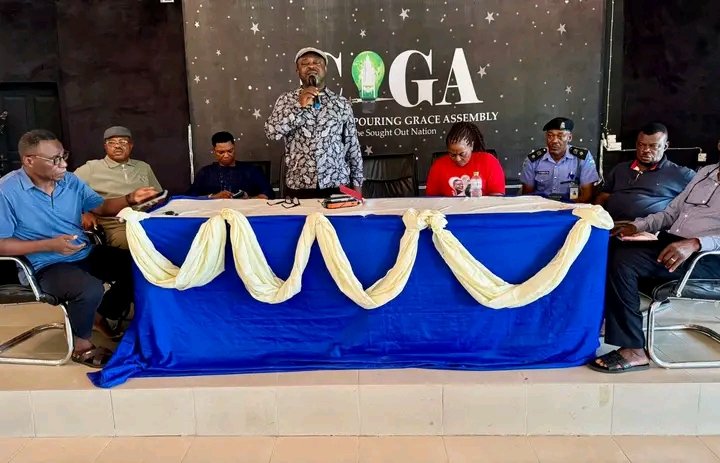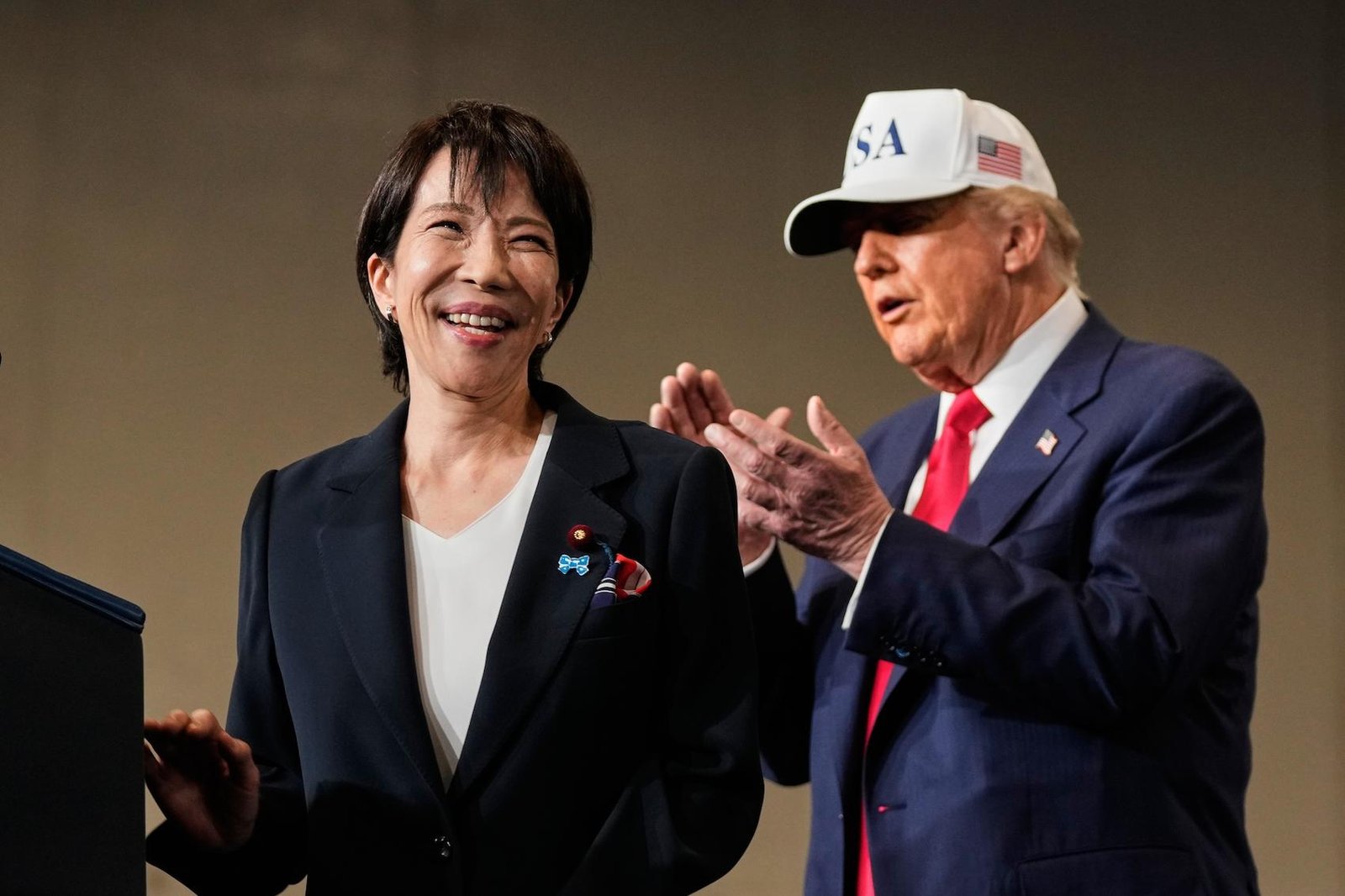The World Bank has approved a $2.25 billion loan for Nigeria to shore up revenue and support economic reforms that have contributed to the worst cost-of-living crisis in the country.
The bank said in a statement on Thursday evening that the bulk of the $1.5 billion loan will help protect millions who have faced growing poverty since a year ago when President Bola Tinubu came to power and took drastic steps to fix the country’s ailing economy.
The remaining $750 million, the bank said, will support tax reforms and revenue and safeguard oil revenues threatened with limited production caused by chronic theft.
President Tinubu’s economic reforms – including ending decadeslong but costly fuel subsidies and unifying the multiple exchange rates – have resulted in surging inflation that is at a 28-year high.
Under growing pressure from citizens and workers protesting the hardship, Tinubu’s government said in May that it was seeking the loan to support its long-term economic plans.
According to Africanews, the government said it was also taking steps to boost foreign investment inflows which fell by 26.7% from US$5.3 billion in 2022 to US$3.9 billion in 2023, according to the Nigerian Economic Summit Group think tank.
READ ALSO:
- Innoson responds to allegations by Abia State House of Assembly
- Father’s Day and the essence of fatherhood
- Ogun takes custody of minor abused in viral video, appeals for discretion in sharing of video
Nigeria already has a high debt burden that has limited how much money the government can spend from its earnings. Its reliance on borrowings for public infrastructure and social welfare programs saw public debt surge by nearly 1,000% in the past decade.
The World Bank, however, said it was “critical to sustain the reform momentum” under Tinubu. The government’s economic policies have placed the country “on a new path which can stabilise its economy and lift its people out of poverty,” according to Ousmane Diagana, the World Bank Vice President for Western and Central Africa.




